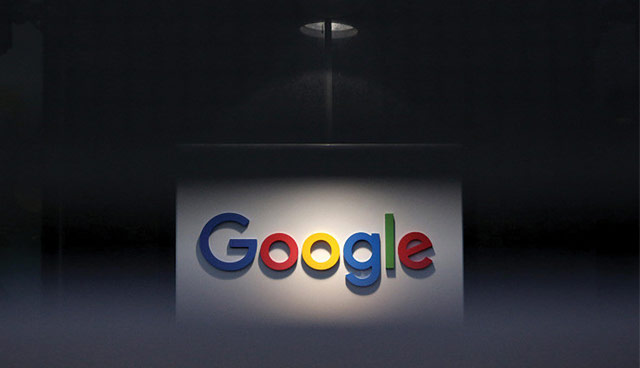EU fines Google €4.3 billion

As the regulatory battle with global corporations continues to rage in Europe, the European Commission has fined search engine giant Google €4.3 billion in a landmark judgement against the breaching of competition rules.
The multinational corporation, which includes mobile tech giant Android in its portfolio stood accused of imposing illegal restrictions on Android developers and mobile network operators in order to consolidate its position as the world’s leading online search engine.
Alphabet Inc., the parent company which oversees Google, has been given a 90-day window of opportunity to amend its business practices before further penalties are pursued which would see the company surrendering 5 per cent of its average daily global turnover in recurring fines. Despite turning over a massive revenue of $110.85 billion in 2017, Alphabet has announced plans to appeal the ruling.
The fine has broken a record in regard to EU anti-trust fines, with the multi-billion euro penalty amounting to over a third of the company’s €12.6 billion in profits in 2017. The news comes less than a year after the company was levelled with a similar fine of €2.4 billion for abusing its market position, favouring Google’s own services in its search results.
The official ruling was announced by the Margrethe Vestager, the European Commissioner for Competition. Citing three essential grounds for the ruling, Vestager claimed that Google’s requirement that manufacturers must pre-install the engine on their devices represented an infringement. Similarly, Google’s paying of manufacturers not to pre-install other systems and to favour Google products was found to be a breach, along with the firm’s alleged hindering of the development of rival engines.
It is believed that the ruling will sew discord not only amongst the tech giants of Silicon Valley, but amongst the increasingly divided United States and the European Union. Whilst Vestager has disputed claims that the European Commission is targeting leaders in stateside industry, the fines will be interpreted by some commentators as the latest in a round of attempts to curb the actions of American multinationals.
Addressing the media following the landmark ruling, Vestager justified the penalty: “This is serious illegal behaviour that’s been going on since 2011. It’s a very serious offence, which comes with a very large fine. Without this we could have had innovation – innovation that hasn’t reached consumers. Consumers have been given no real choice.”
Whilst some quarters welcome such anti-trust fines, groups in Ireland have been less receptive to the idea. Following last year’s €13 billion fine imposed on Apple, representatives from the Irish Government have been ordered to comply and collect the penalty. Then Finance Minister Michael Noonan said that collecting any fine was “not the job” of the Government, expressing criticisms that the judgement could impact negatively on foreign direct investment in Ireland – a key aspect of the country’s economy.
“These sums will be placed into an escrow fund with the proceeds being released only when there has been a final determination in the European Courts over the validity of the Commission’s decision,” said the Finance Ministry in a statement.





